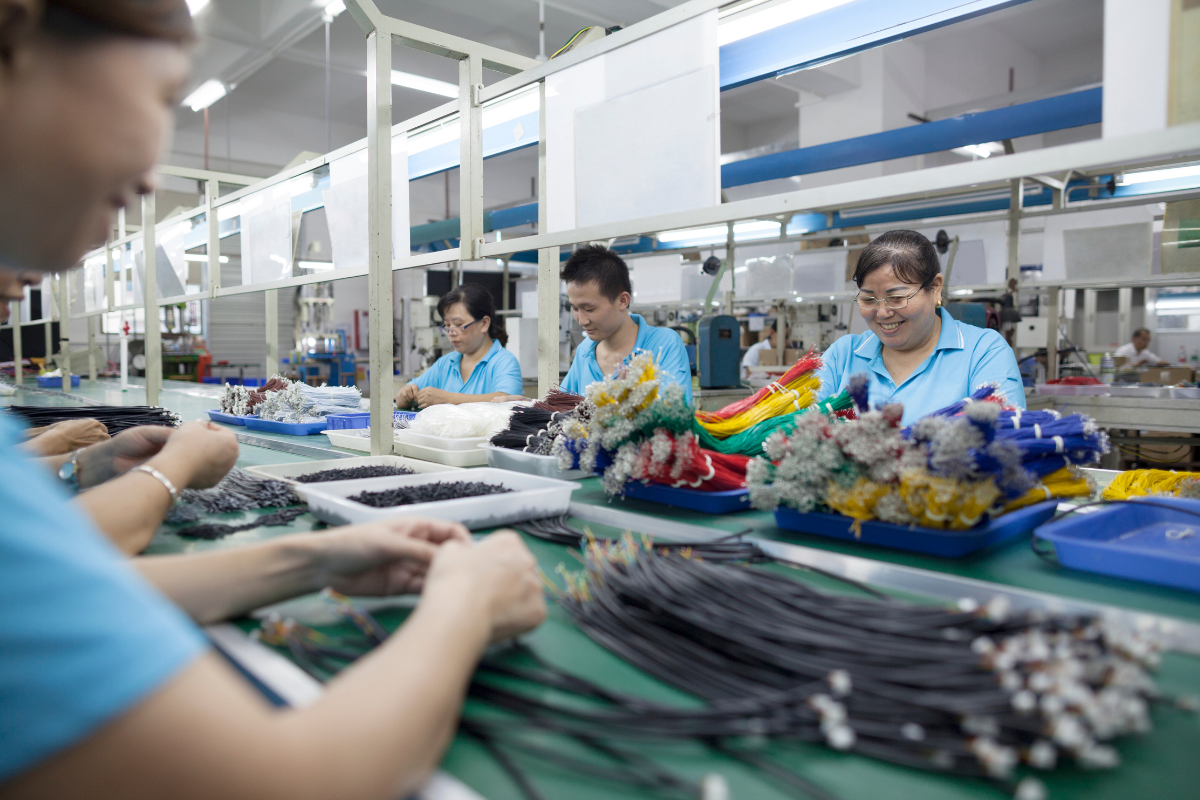
China’s industrial output reported a 6.9% increase in October, according to data from the National Statistics Bureau.
Analysts polled by Reuters had predicted a 6.5% rise. China’s industrial output increased at a faster-than-expected pace in October. Retail sales remained on the path of recovery albeit at a slower-than-forecast pace as China attempts to above the Covid-19 slump.
Meanwhile, retail sales in China increased by 4.3% on-year, missing analysts’ predictions for 4.9% growth but faster than a 3.3% increase in September.
China’s auto industry posted a 12.5% increase in October vehicle sales, a growth attributed to the increasing demand for electric cars and trucks.
Domestic tourism also experienced recovery over the Golden Week holiday last month, although levels were short of last year’s.
Fixed-asset investment had a 1.8% increase in January-October from the same period last year, compared with a predicted 1.6% growth and a 0.8% rise in the first nine months of the year.
Private-sector fixed-asset investment, which makes 60% of total investment, dropped by 0.7% in January-October, compared with a 1.5% drop in the first nine months of the year.
China’s economic recovery is deemed progressing in the fourth quarter, with a rebound in demand, strong credit growth, and stimulus measures predicted to make a strong tailwind into 2021.
However, increasing coronavirus infections in Europe and the United States have prompted renewed lockdowns, clouding the global outlook.
China's economy
In October, China reported a 4.9% GDP growth for the third quarter of 2020.
The figure was up 4.9% from a year ago, making the growth for the first three quarters of 2020 to 0.7% from a year ago.
Economists predict that China GDP growth of 5.2% in the third quarter, based on an average of estimates gathered by Wind Information, a financial information database.
“Generally speaking, the overall national economy continued the steady recovery and significant results have been delivered in coordinating epidemic prevention and development,” the bureau announced in an English-language release.
“However, we should also be aware that the international environment is still complicated and severe with considerable instabilities and uncertainties, and that we are under great pressure of forestalling epidemic transmissions from abroad and its resurgence at home. The economy is still in the process of recovery and the foundation for sustained recovery needs to be consolidated,” the statement read.
China is the “real game” in terms of business for Southeast Asia, according to Karim Raslan, founder of KRA Group.
“It’s quite clear that China matters so much more than the U.S.,” said Raslan, responding to the question about the impact of the possible win of Democratic presidential candidate Joe Biden on Southeast Asia.
“Actually, to be frank, I don’t think Southeast Asians really care,” he said during his interview on CNBC’s “Squawk Box Asia” on Wednesday. “Southeast Asians have already experienced an enormous boom in bilateral trade with China.”
“The U.S. is a sideshow. It’s important for geopolitics, but the real game in terms of business — and these are mercantilist nations — is China,” he added, justifying why China is the “real game.”
Raslan explained that Southeast Asia is China’s largest trading group, after exceeding both the U.S. and the European Union in 2020.






